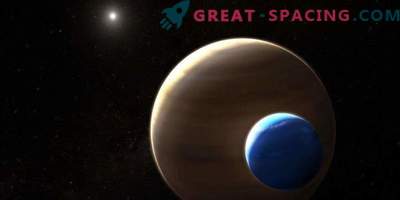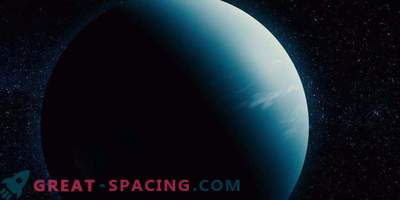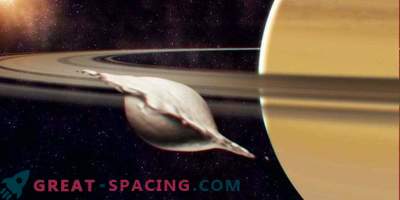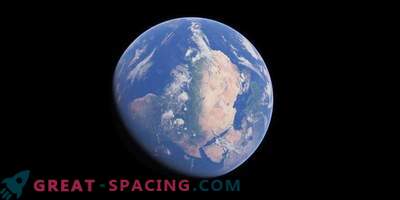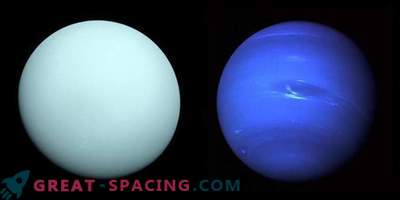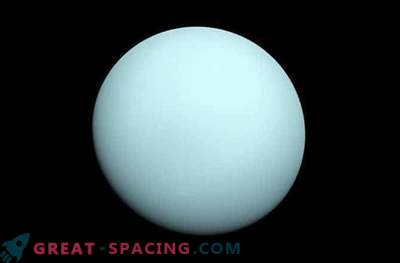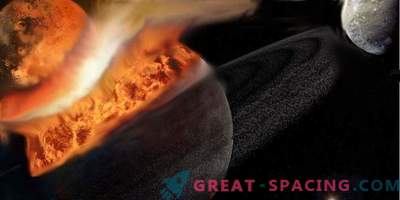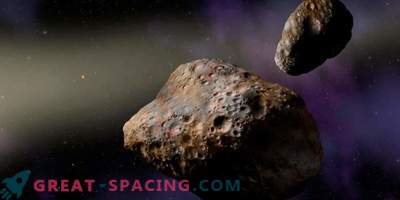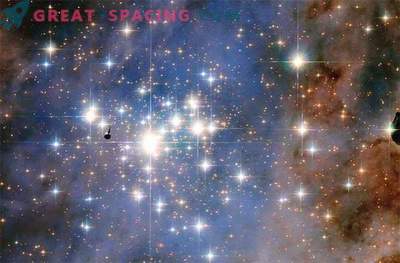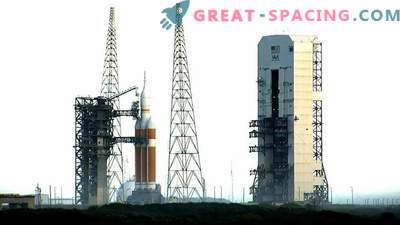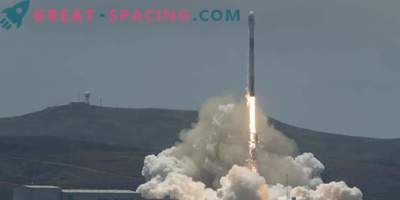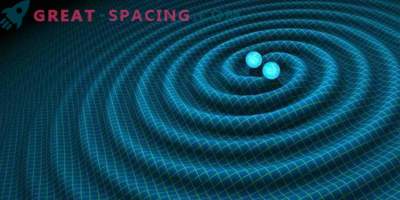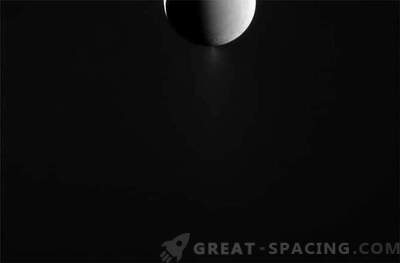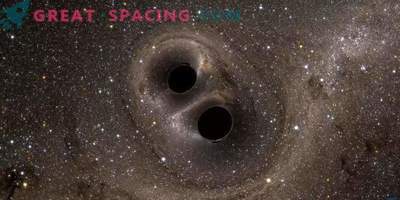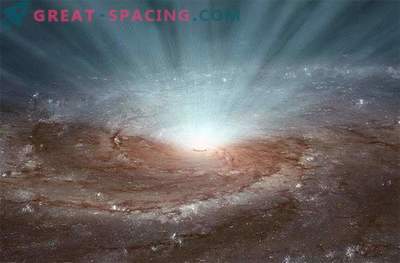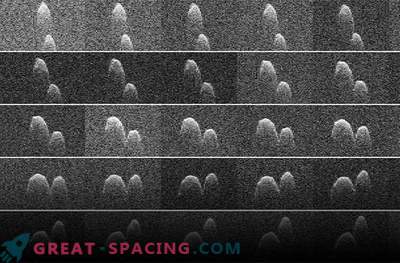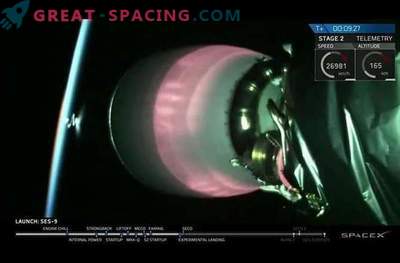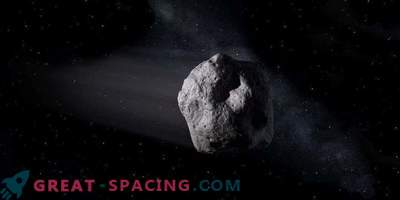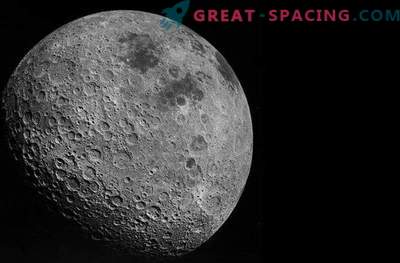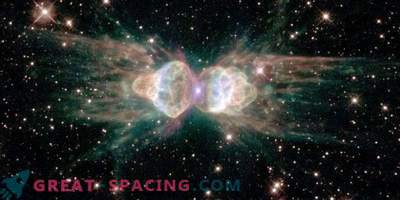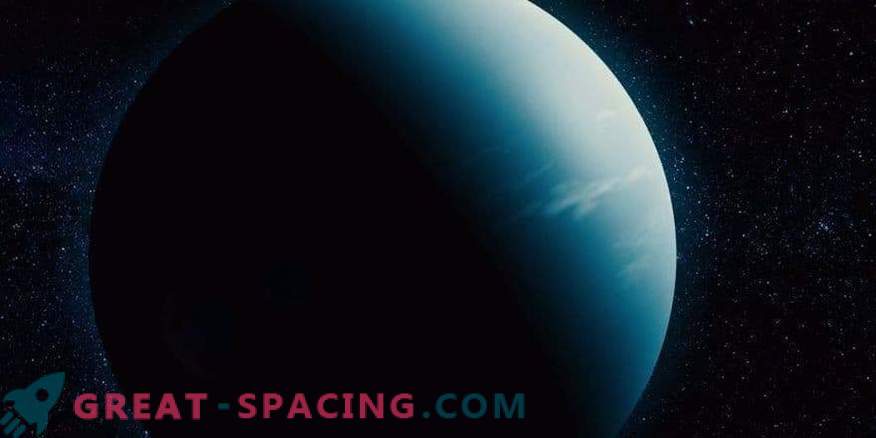
The computer model of SWIFT demonstrates the object that influenced Uranus. Scientists believe that the collision and change in the shape of Uranus 3-4 billion years ago could lead to the inclination of a massive planet 90 degrees
Uranus is a real odd box, because we have the only planet that literally rotates on its side. Recently, a new assumption of what might have happened was put forward: a cosmic rock crashed into the planet, which is twice the size of Earth.
Detailed computer simulation shows that a large rock has fallen on the seventh planet from the Sun. Within the solar system, it is the only planet whose angle of inclination is 90 degrees, like its five large moons. The magnetic field is one-sided and does not go beyond the poles. It is also the only world devoid of internal heat output from the core. There are rings, but much weaker than those of Saturn.
The computer model showed that the collision and change in the shape of Uranus (covered all the fragments or a small group on impact) occurred in just a few hours. Moreover, there is a possibility that the struck object is still hidden in the solar system, but too far away to be observed. This would explain the specific orbits of the celestial bodies and converge with the theory of the mysterious planet X (Ninth Planet), located in theory outside of Pluto. There is an assumption that the culprits should be considered a group of small rocks, but the latest study insists on one impact object. The collision occurred 3-4 billion years ago, that is, before the large satellites of Uranus appeared. When this happened, the strange tilt of the planet acted like a gravitational tidal force pushing 5 moons per tilt type.
It also had to create an ice shell that retains the internal heat of Uranus (the surface temperature is -216 ° C). Ice is a key characteristic of Uranus and Neptune. Just over 10 years ago at NASA, these planets were transferred to the category of ice giants, so as not to mix them with gas representatives.
Interestingly, Pluto, located much further, received more attention from researchers. So, Uranus and Neptune are still considered the most "incomprehensible" planets in the solar system. But things can change, because planet scientists consider the idea of creating a probe that will study the worlds. Uranus was named after the Greek god of heaven.
